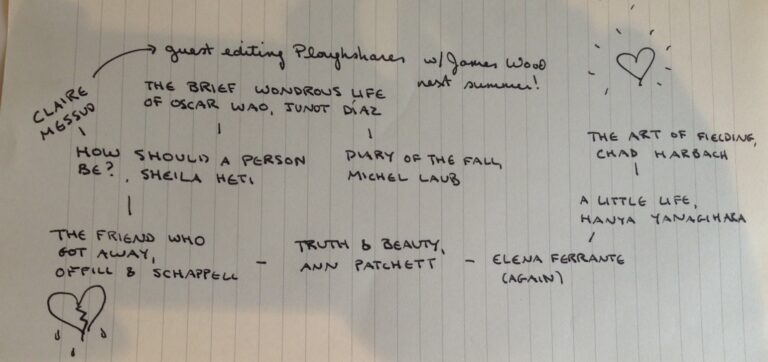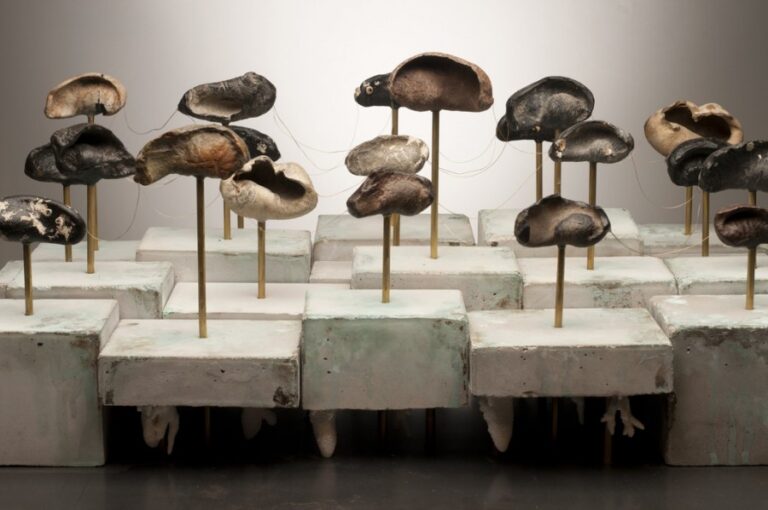The Family You Choose
The Family You Choose In college my housemates and I once drew a social map of our class. This is similar. A web, not a tree. I’ve always been prone to intense friendships. Not best friendships, necessarily, or not in the one-and-only sense. I’m of the Mindy Kaling school on that point: “best friend” is…




